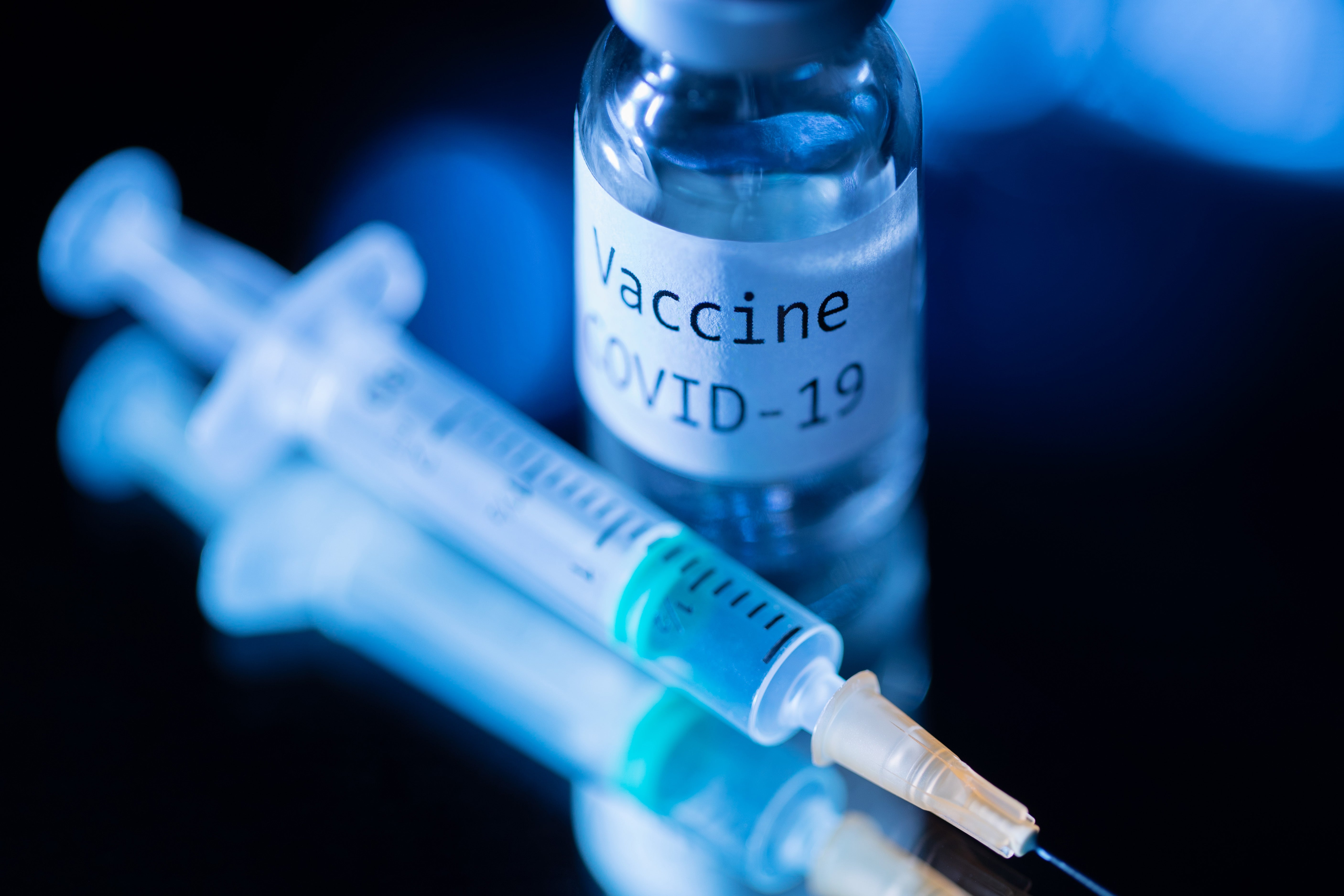False claims vaccines are ‘not halal’ could hinder immunisation rollout, doctor warns
British Islamic Medical Association warns years of subpar public health messaging and inability to access vaccines not containing pork gelatine could see lower uptake of jab, reports Andy Gregory


A lack of trust in the government, “historic inequalities” and vaccine misinformation – including false claims that the coronavirus jab is not halal – could hinder its rollout, a leading doctor has warned.
Among “the usual stuff that is in the spirit of anti-vaxxers”, some of the misinformation currently proliferating “has picked out certain bits that are particularly triggering within Muslim communities”, warned Salman Waqar, from the British Islamic Medical Association (BIMA).
Immunisation programmes have often seen low uptake among Muslims, in part because flu and childhood vaccines not containing pork gelatine were unavailable in England and Wales until this year, he said.
Dr Waqar, who works as a GP in Berkshire and academic researcher at Oxford University, added that misunderstandings around the Pfizer/BioNTech vaccine – which does not contain any animal products – have been caused in part by poor communication from public health bodies.
“We are paying the price for that now because people are saying, ‘Oh, vaccines have gelatine’, or they are just not interested in listening to us,” he said.
Prioritisation of people with underlying health conditions should provide greater vaccination of ethnic minority communities, and BIMA has put out a statement encouraging at-risk individuals to get vaccinated.
It is important that this message is amplified by “key trusted messengers”, including imams and Muslim medical professionals, Dr Waqar said.
A survey of parents and guardians in England, carried out by the London School of Hygiene and Tropical Medicine and Public Health England, found those from ethnic minority backgrounds are almost three times more likely to reject a Covid-19 vaccine for themselves and their children than people from a white background.
However, the survey did lack proper representation from ethnic communities, with 94 per cent of respondents self-reporting as white, compared with 86 per cent of the English population.
Concerns about the speed and efficacy of the vaccine are not specific to Muslim communities - following the announcement of the new jab, there was a surge of misinformation shared online including around the used of aborted foetus cells.
“This isn't in a vacuum, it isn't that these communities aren't playing ball when it comes to Covid. These communities haven't been tapped into, there hasn't been enough effort over the years,” Dr Waqar said.
Furthermore, issues around the government's handling of the pandemic – including PPE shortages and the Dominic Cummings saga – make it “very difficult for you to look at your community and say, 'you've got to trust what these guys are saying, they know their stuff’”.
Ethnic minorities have been disproportionately affected by the health crisis, experiencing higher rates of infection and mortality – with Press Association analysis finding 60 per cent of medical staff who died during the pandemic were black, Asian or minority ethnic.
“As a result of that, historic inequalities and issues ... it's not surprising that, when the same channels are being used to encourage people to do anything – whether it's socially distance or take the vaccine – those messages, they're just not quite penetrating into these communities,” said Dr Waqar.
The Muslim Council of Britain has also been working to combat coronavirus disinformation.
“The potency of social media in the context of spreading misinformation and myths is a factor affecting Muslim and other communities nationwide,” a spokesperson said.
“There is a very useful verse from the Koran which we have used in flyers about fake news, which urges Muslims to investigate information received ‘lest you harm a people out of ignorance and become, over what you have done, regretful’.
“We're linking our faith and teachings as Muslims to common challenges we face today, such as becoming a victim of fake news and spreading it around.”
Professor Wei Shen Lim, Covid-19 chairman for the government's Joint Committee on Vaccination and Immunisation (JCVI), said: “Tailored local implementation to promote good vaccine coverage in BAME groups will be the most important factor within a vaccine programme in reducing health inequalities.”
Nadhim Zahawi, the government minister responsible for Covid vaccine deployment, said the NHS will be “working closely” with BAME communities to support those receiving the vaccine.
Additional reporting by PA
Join our commenting forum
Join thought-provoking conversations, follow other Independent readers and see their replies
Comments
Bookmark popover
Removed from bookmarks